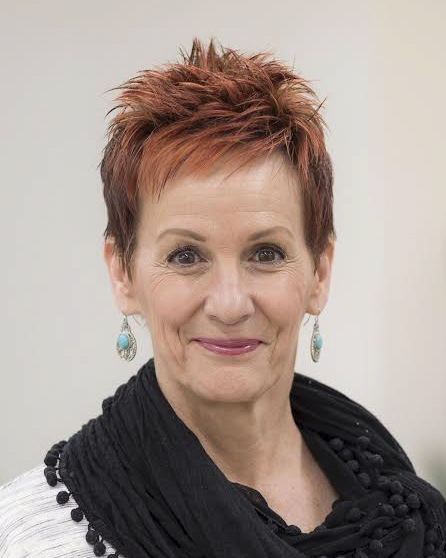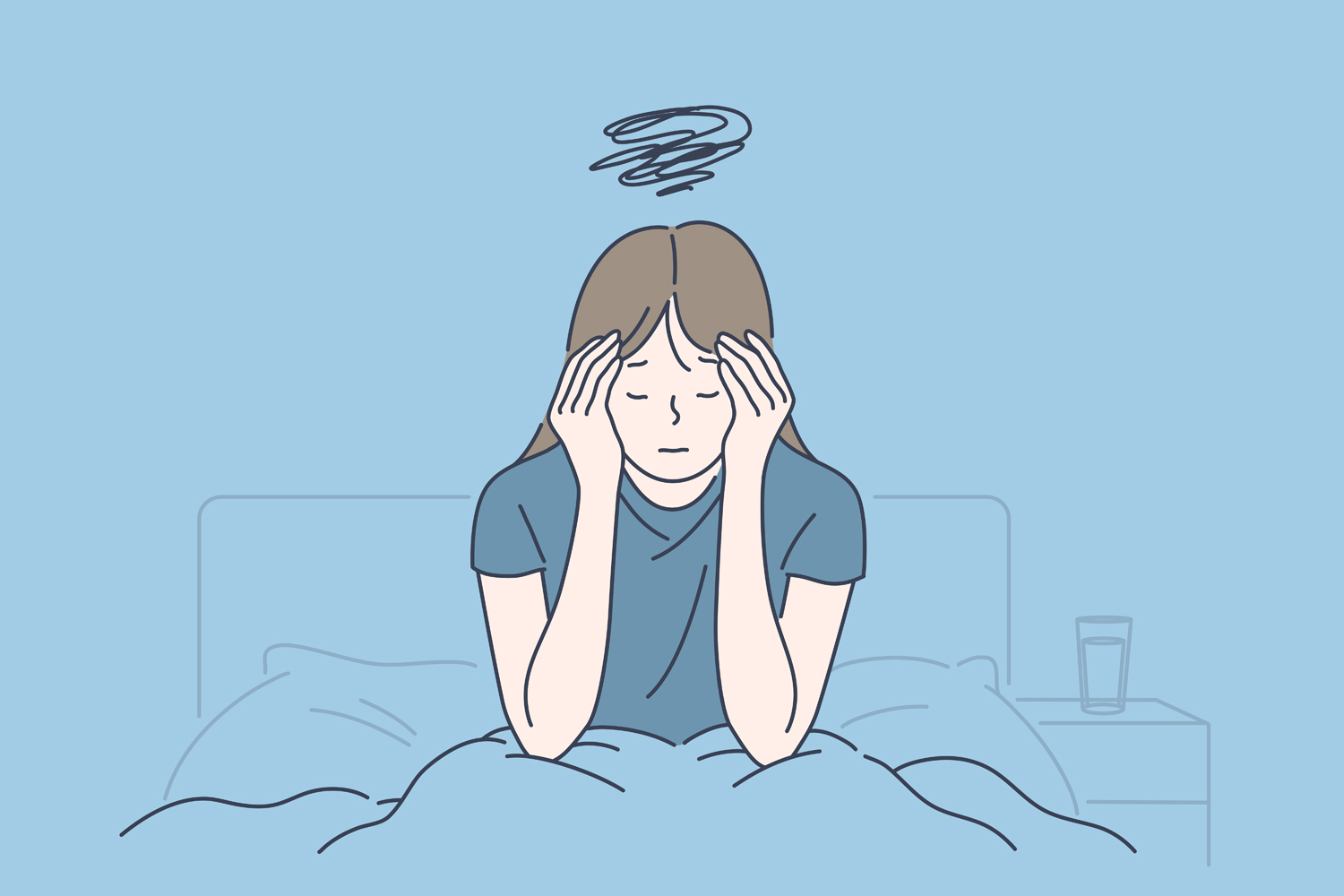I find myself constantly anxious about the possibility of my cancer returning. What are some healthy ways to deal with these feelings?

Deb Christensen, director of patient services at Cancer Commons in Mountain View, California
DEB CHRISTENSEN: Anxiety can be very normal after cancer treatment ends. Even if it looks like treatment was successful and your cancer type isn’t known to recur often, that may not be enough to keep anxiety at bay. You’ve been through a traumatic event. Cancer just derailed your life. When treatment is complete, anything that even remotely reminds you of the cancer or your treatment may trigger anxiety for you. As time goes by, this anxiety ideally should start to decrease.
Keep in mind, however, you’ll need to acknowledge and process this trauma. Support groups can help you realize you’re not alone in feeling this way as you hear how others have made their way through this.
I also encourage people to try meditation or other mindfulness techniques in at least three different forms to see what works for them. For some, meditation practice may translate to going out in nature; others might listen to quiet music. There’s also a treasure trove of quiet meditations available in the app store on your smartphone or online.
Journaling is another good way to work through your feelings and track your progress. Writing down your thoughts will allow you to look back and realize how far you’ve come, especially on days when you may think you’ve made no progress at all.
Consider your sleeping habits. Not getting good sleep is a physiological problem that can make the anxiety worse. Addressing your trouble sleeping may help. Stick to consistent sleep and wake times, limit screen time before bed and ask your doctor for advice.
When you’re feeling anxious, stop and say to yourself, “OK, what I’m doing isn’t working.” Ask yourself what you can try to do differently to provide more peace of mind. Start small with one change instead of five things at once. Maybe you start with a 10-minute meditation or a walk out in nature. After each activity, consider its impact on your state of mind, and then try something else. In this way, you can gradually piece together some new habits that, in combination and over time, may make a real difference in how you feel.
When anxiety or depression influences your relationships and ability to function in the world, it’s time to reach out for professional help. If you find yourself dwelling on your experience with cancer more than on the life in front of you, consider talking to a counselor. It’s wonderful to have someone you can talk to about everything that’s going on. If your symptoms don’t improve or worsen over time, your doctor may suggest anti-anxiety medications or antidepressants.
Be gentle with yourself too. It will take time for you to feel like your old self again. Take baby steps.
ANXIETY AFTER TREATMENT // The National Cancer Institute explores sources of anxiety among cancer survivors and ways to get help. // Mindful.org highlights five free, easy- to- use meditation apps.
Cancer Today magazine is free to cancer patients, survivors and caregivers who live in the U.S. Subscribe here to receive four issues per year.





